The pant-hoot of a chimpanzee is one of the most visceral sounds in nature – a rolling call that rises to a crescendo. I once heard the call cutting through the heavy silence of the evening air. The cacophony trailed off and ended with the two apes patting one another, in reassurance and reconciliation.
Unlike most chimpanzee hoots performed in dense African forests, the echoes of this one bounced off the towering sandstone pillars of a cathedral. There were no chimpanzees in sight, just two humans in front of an audience of hundreds, at a science festival. As my heart rate returned to normal, I sat back down to resume my interview with the legendary Dr Jane Goodall.
News of her death, at the age of 91, is being felt around the globe. The grief is both personal and collective. For countless biologists, naturalists, conservationists and animal-lovers, she was a constant presence – a guiding light who shifted how we see the natural world and our place in it.
Read more:
‘Only if we help shall all be saved’: Jane Goodall showed we can all be part of the solution
Having progressed from a secretarial course straight into a doctorate at Cambridge, Jane was no stranger to facing challenges head on. She lived in a tent in rural Tanzania, accompanied by her incredibly supportive mother, to study the behaviour of wild chimpanzees.
Her mentor was the renowned anthropologist Louis Leakey, who believed invaluable insights into our own evolutionary history could be gleaned from the study of orangutans, gorillas and chimpanzees. Many doubted her methods, but Jane was the first to record detailed evidence of hunting and even tool use in chimpanzees. Her groundbreaking work paved the way for identifying culture in non-human animals and, more importantly, helped shatter assumptions about the divide between humans and animals.
Following in her footsteps
Jane changed the way we view and understand animals and hundreds, if not thousands, of academics have followed in her footsteps to carry on and further her work. Many of us academics see the world in a laser focus singularity, at times. It’s what we are trained to do and is often seen as a gold standard. But Jane was always a fan of the wider picture, a more holistic approach. She left active academia to focus on protecting her beloved chimpanzees through community-driven conservation and education.
Peregrine / Alamy
She took on the seemingly impossible task to engage, support and empower children and young people around the world, setting up “Roots & Shoots” programme through the Jane Goodall Institute. It’s now active in more than 100 countries, with millions of young people having taken part. Her aim was simple but radical: to empower the next generation to act with compassion and knowledge, whatever path they chose.
Moving between worlds
What made Jane extraordinary was not just her science, but her voice. She forged a path in that very grey area between high-level science, political discourse and public engagement. She was plain-speaking and never lacked integrity. She was a calm and trusted voice in a clamouring crowd of increasingly lying politicians and clickbait influencers. Jane brought science, conservation and advocacy to the millions.
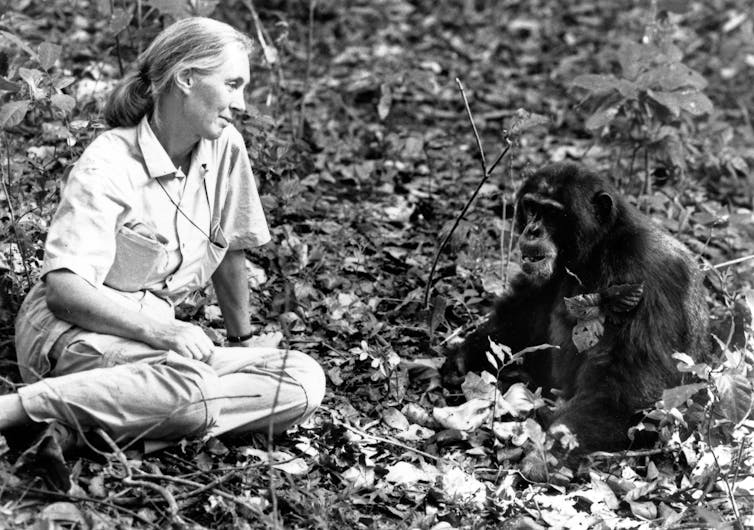
IFTN / Alamy
She made us all part of the dialogue and equipped us, through patient and diligent explanation, to be able to contribute meaningfully. Her work and her approach meant no one was excluded from having a voice or be unable to offer ideas, advice or solutions. We are rarely very good at doing that in science, but Jane made it her modus operandi. Her calm and trusted voice brought often complex and emotive scientific concepts and challenges to a level where we could all become stakeholders. She made us realise that our actions had global impacts and that what happens across the world can affect us all.
The fact she was so at ease being met by world leaders, sitting on the couch on prime time entertainment shows, in academic conferences or in rural schools in the global south, demonstrated a skill and ability to engage with us all. If we had even a few more voices like Jane’s, perhaps there wouldn’t be such a disconnect between science and society.
There will be countless ways we can carry on with Jane’s legacy, but one of the most powerful is to encourage more of us to make science accessible for all of us. One of her most poignant quotes was: “What do you do makes a difference, and you have to decide what kind of difference you want to make.” We can only make the differences we need to make if we are more compassionate and better scientifically informed.
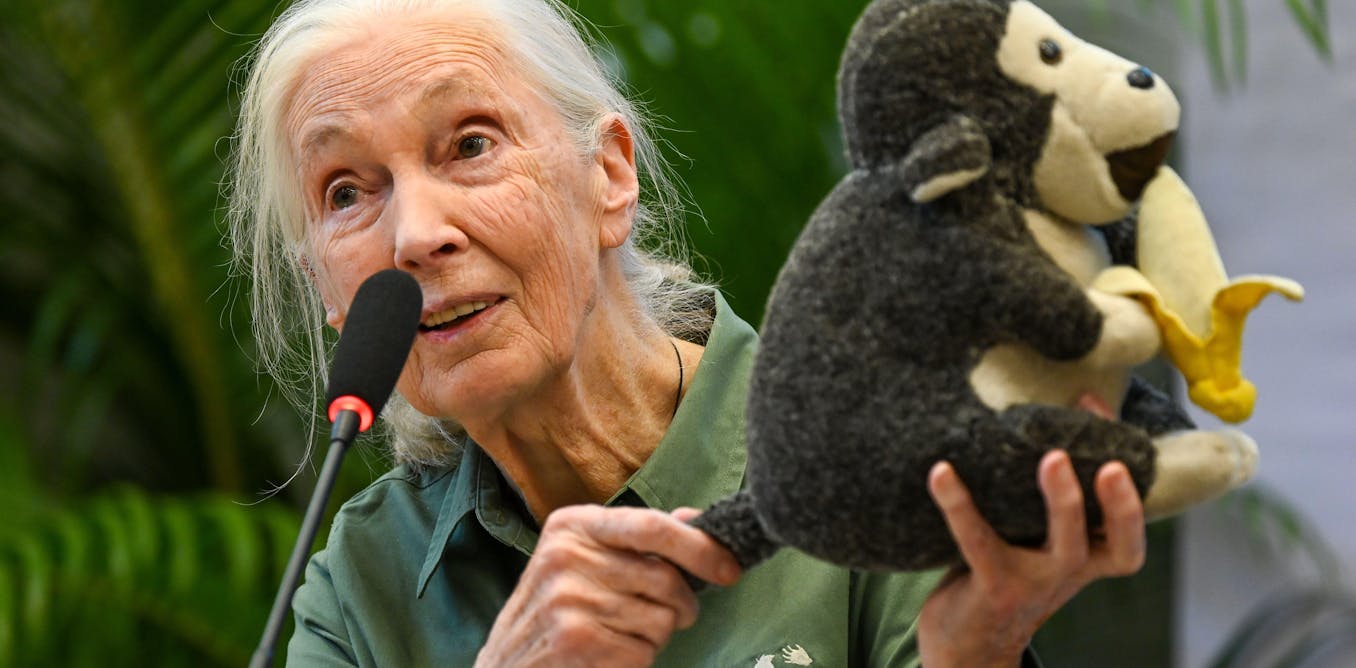
The post “Why we need more Jane Goodalls” by Ben Garrod, Professor of Evolutionary Biology and Science Engagement, University of East Anglia was published on 10/03/2025 by theconversation.com



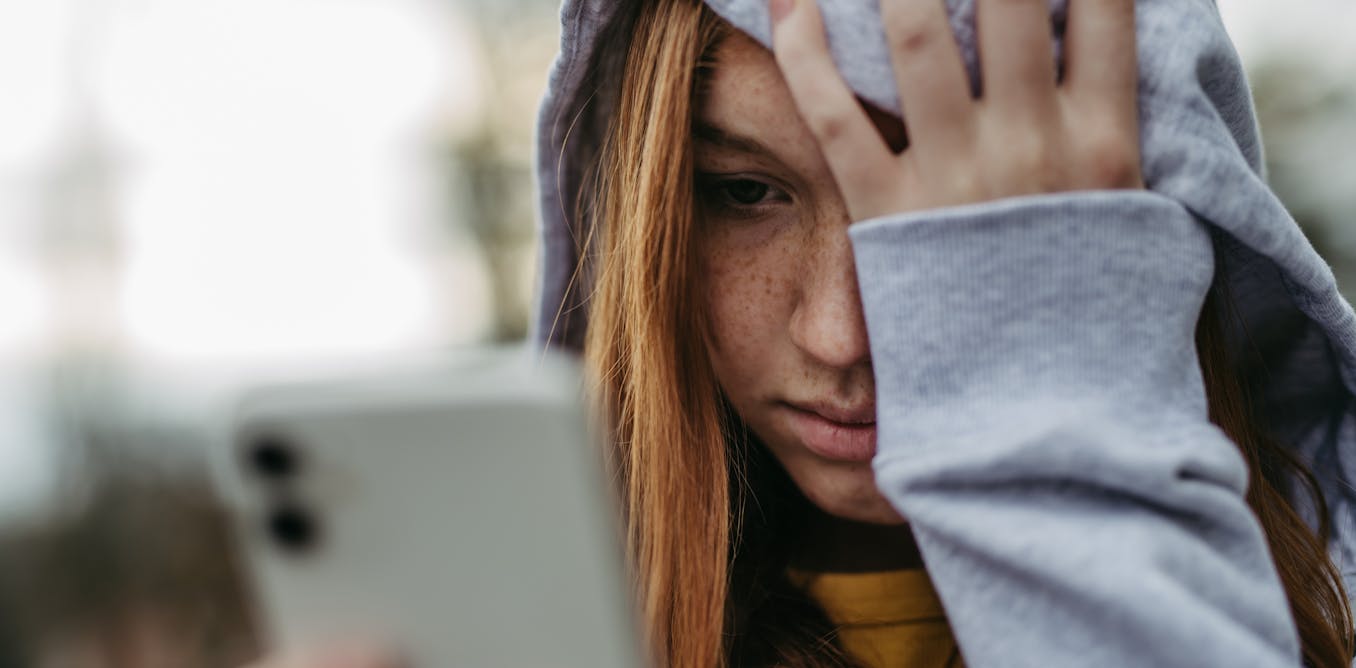

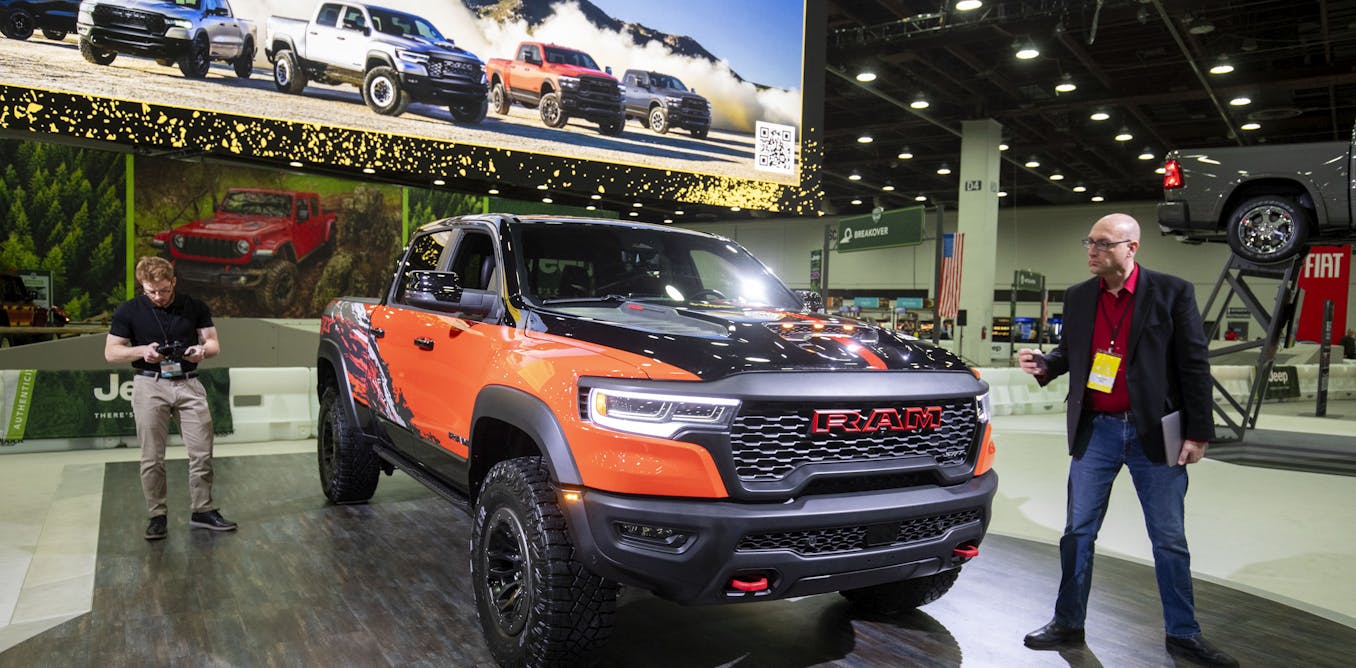
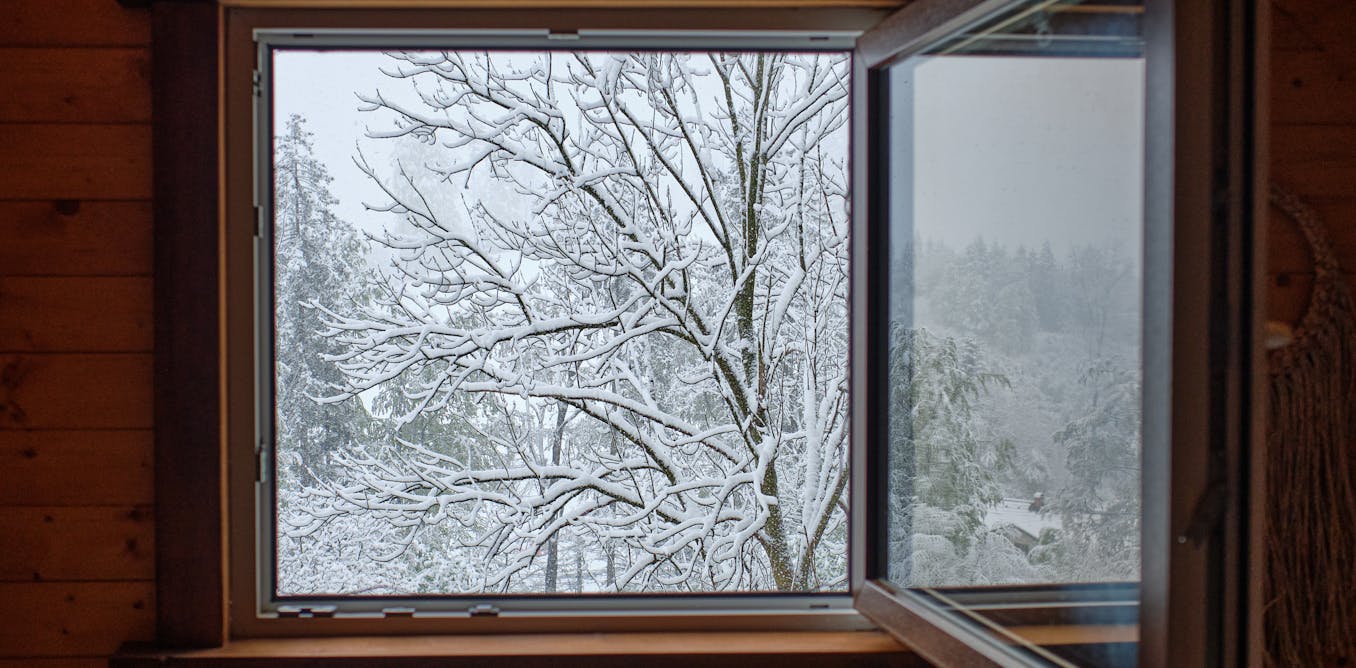

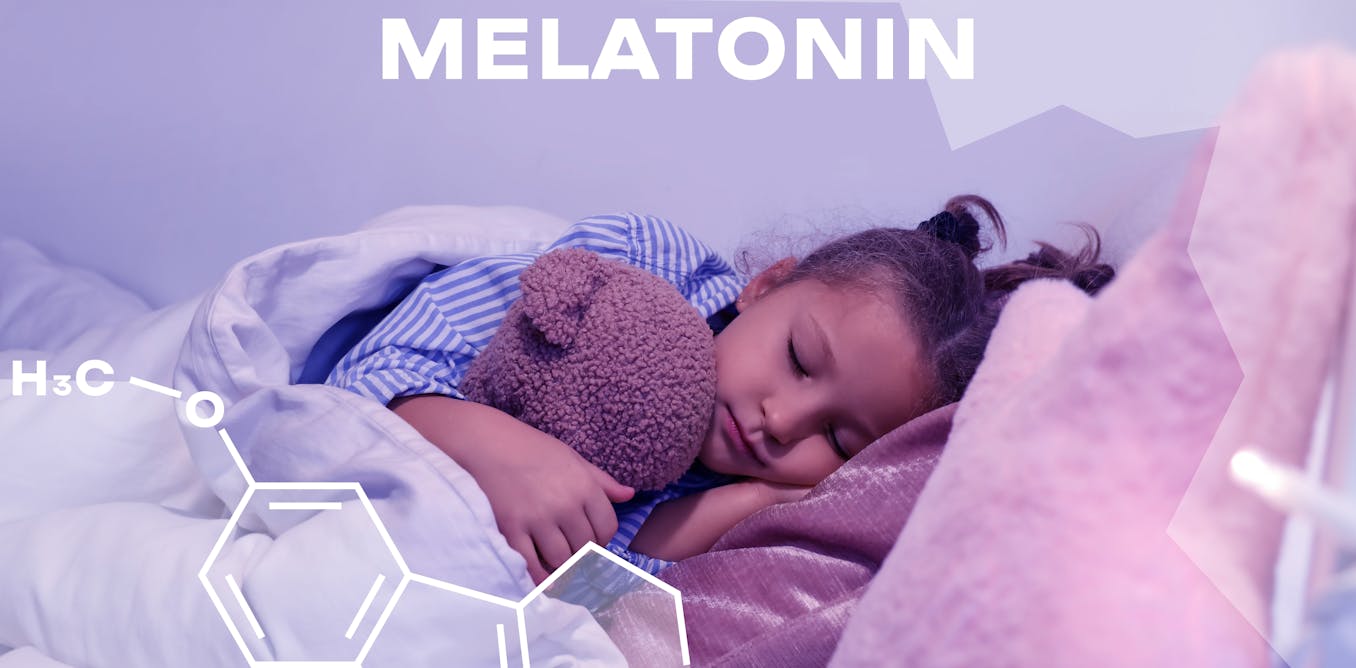

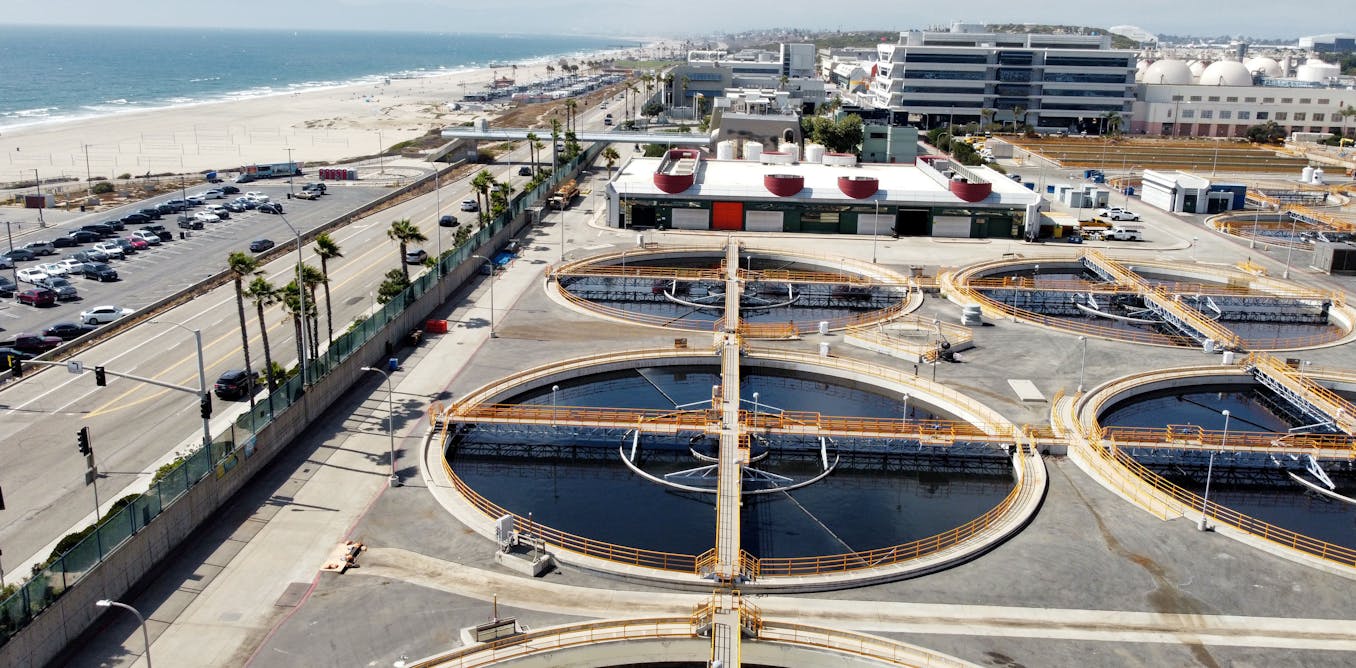

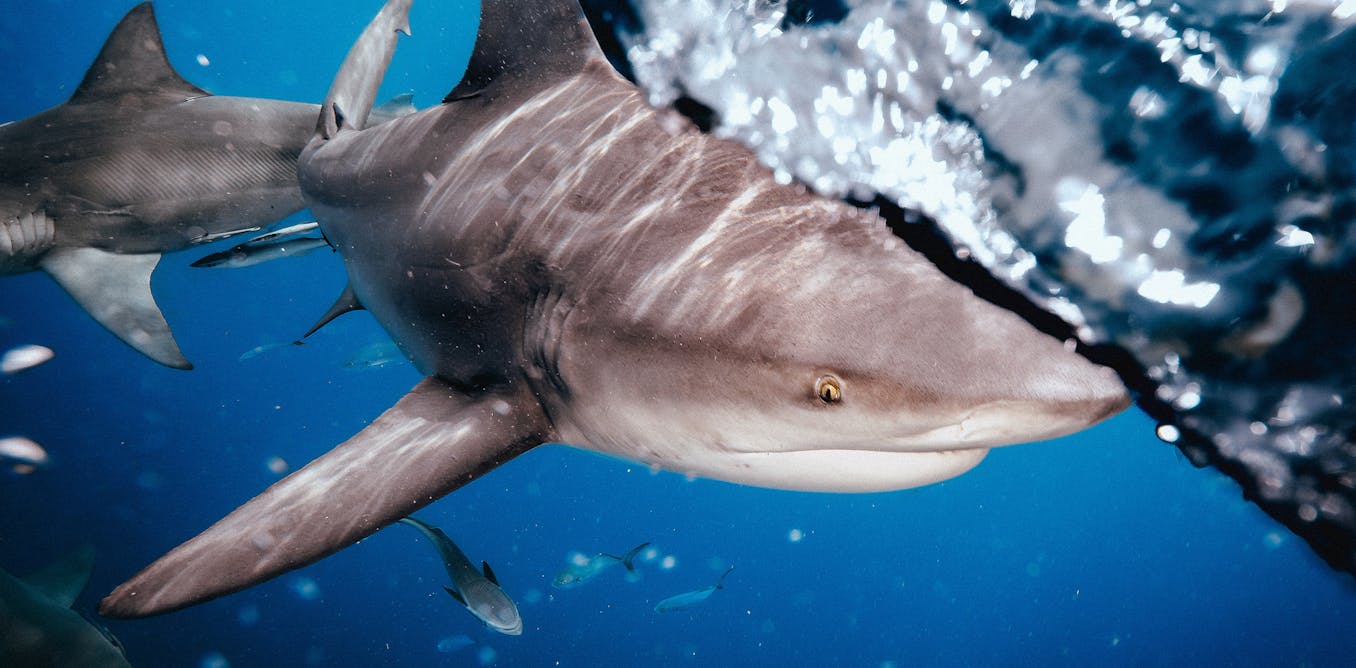
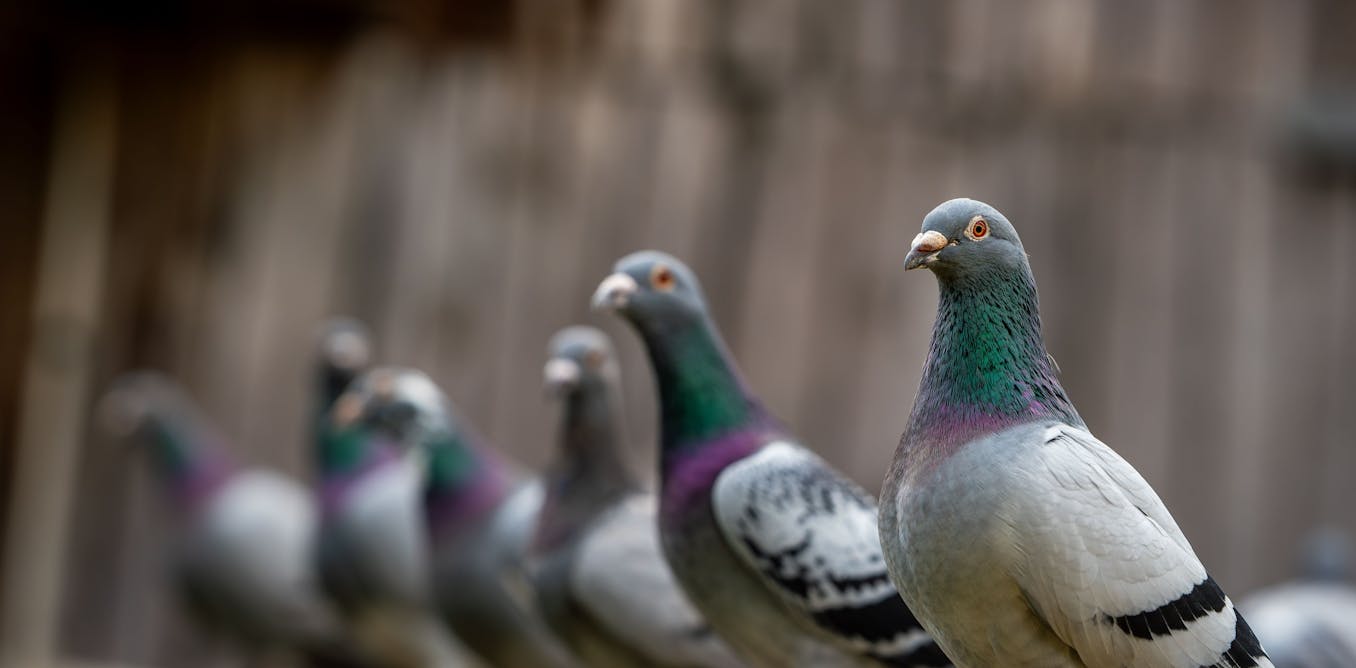
















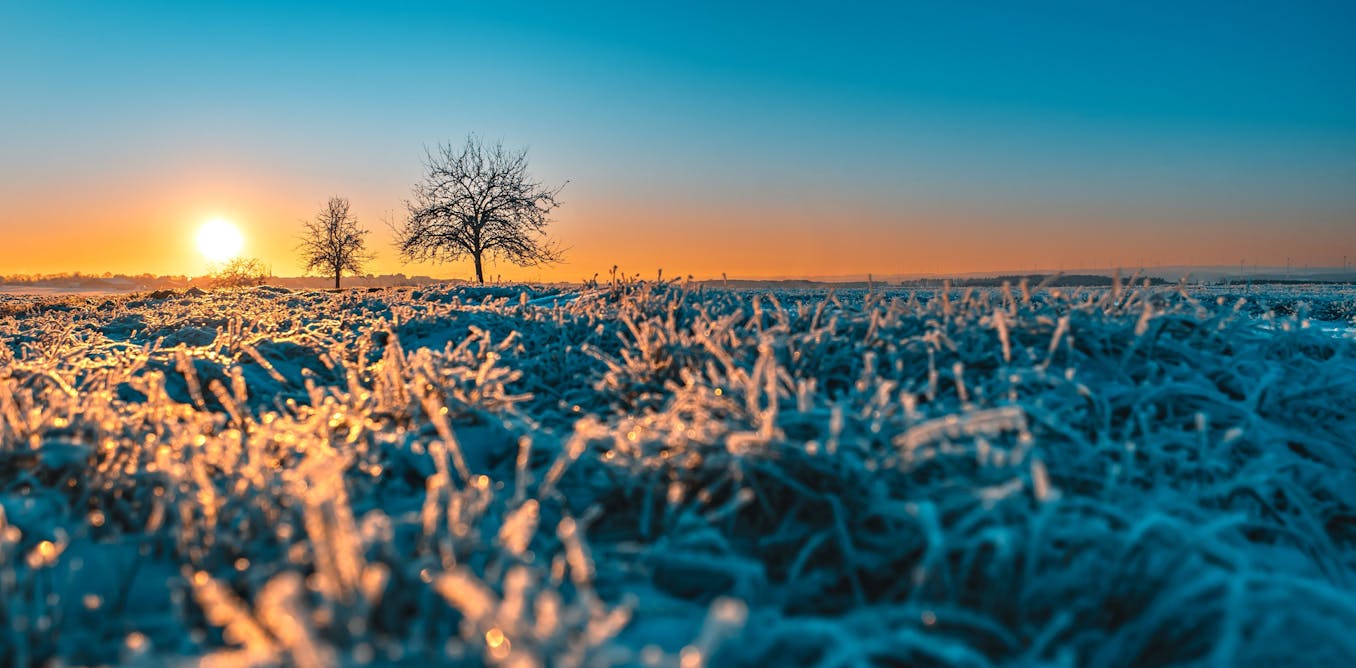
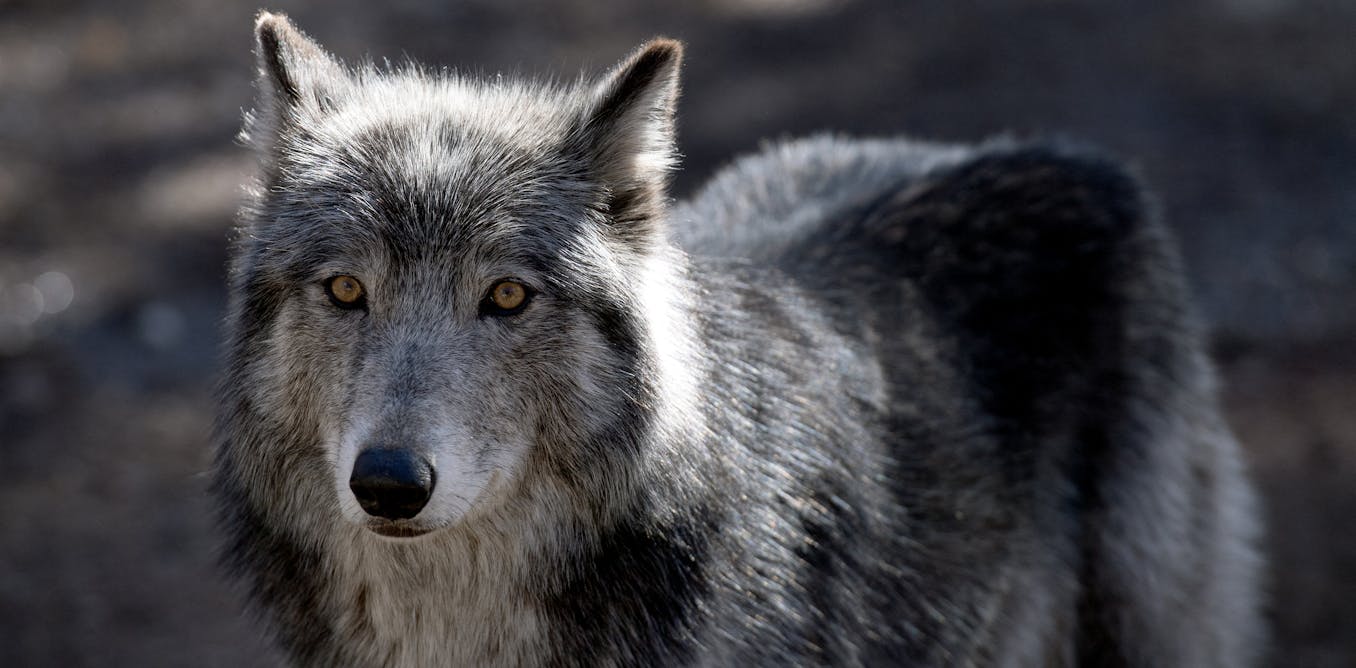
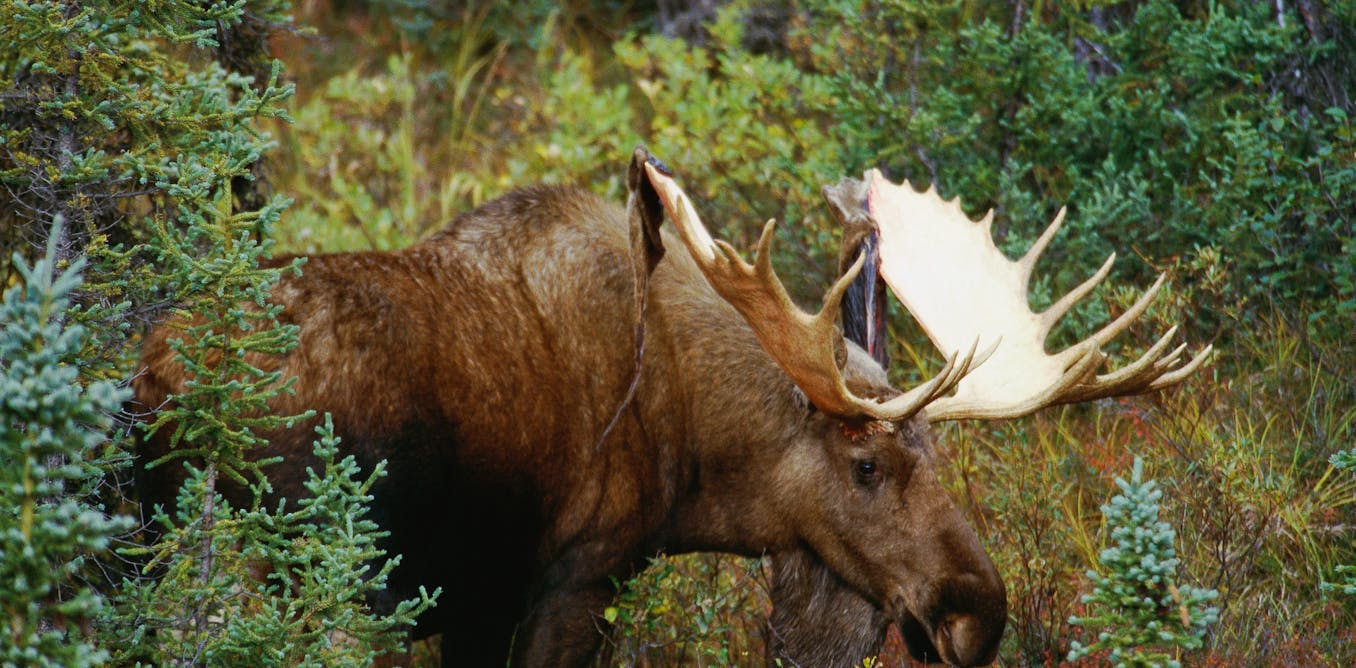


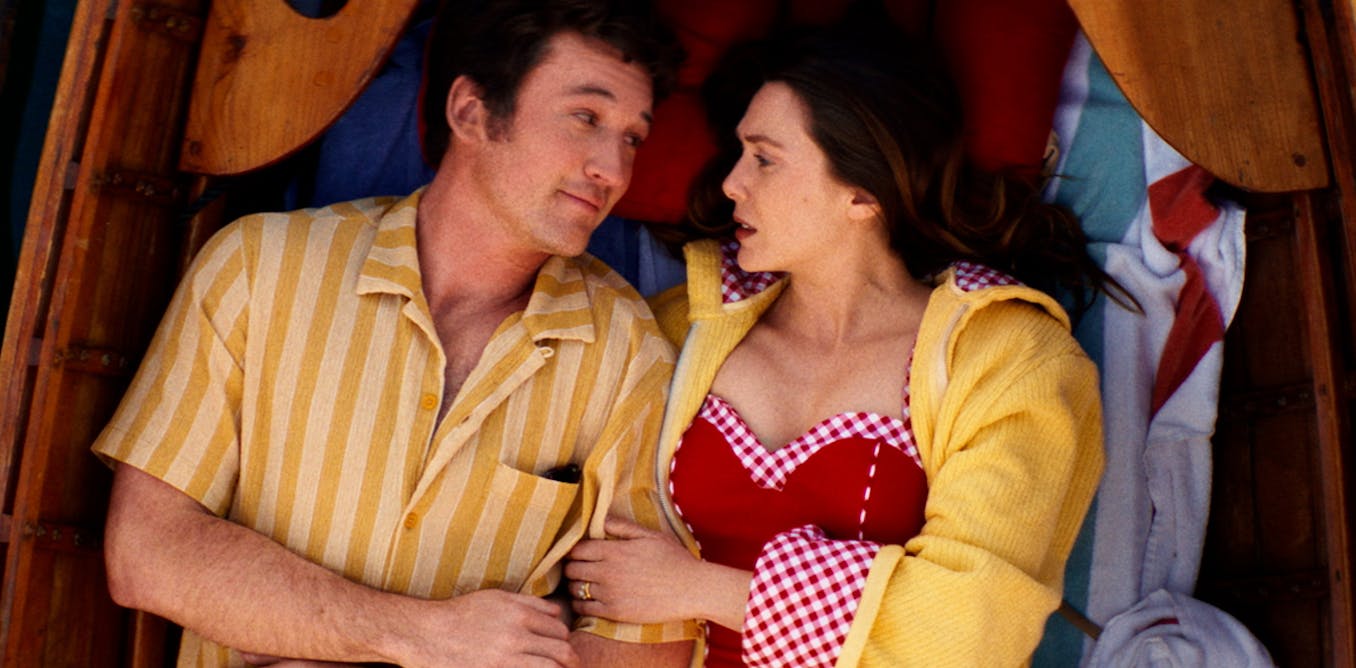
Leave a Reply